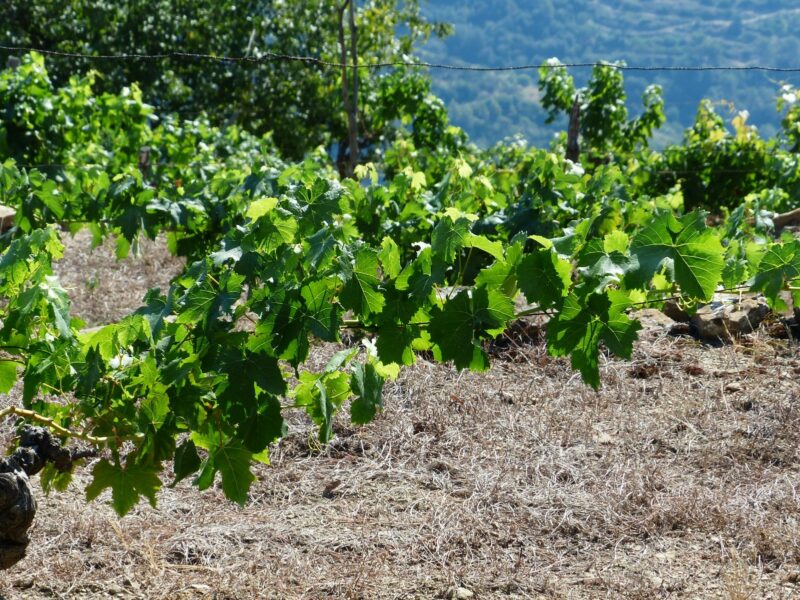
Seeking the Lost
Thirty-First Sunday of the Year. Fr Dermot Morrin preaches on Jesus’ seeking out of Zacchaeus at Jericho.
There is something of the improbable about this little man who runs on ahead and climbs a tree in order that he might see Jesus. St Luke tells us that Zacchaeus was both a tax collector and rich, automatically signalling to us two of the ‘lost’ groups with whom Jesus engages as he makes his way towards Jerusalem and his saving death and resurrection.
Zacchaeus was a rich man and he stands in contrast to another rich man who encountered Jesus not very far back along the road. A rich ruler asked Jesus what must he do to inherit eternal life. Jesus answered that he should sell everything he owned and give the money to the poor.
But that rich man walked away, overcome by sadness because he couldn’t do it. That encounter caused Jesus to comment on how hard it is for those who have riches to enter the kingdom of God and yet he added,
What is impossible with men is possible with God.
We hear an echo of this in the first reading from the book of Wisdom.
You are merciful to all, because you can do all things.
The grace of conversion is yet another facet of God’s creative action. A little bit farther down the road the disciples would see in Zacchaeus the fulfilment of those words.
Zacchaeus was also a tax collector. Imagine the shock when Jesus announced that he must stay in the house of this marked sinner. But notice the word ‘must’. It is important, it means that here in this odd encounter with a little man up a tree, God’s plan of salvation is unfolding.
Of course, there will be some who are scandalised. He has done this before. But now, as his ministry draws to a close, he invites himself to stay at the house of not just any tax collector – but a chief tax collector! The sinner supreme!
To those who looked on, Zacchaeus might well seem a desperate case – one that only God could solve. Unlike the ruler who walked away, he is given a name and his name – perhaps telling us whom he really is – means ‘clean’.
Jesus tells us that Zacchaeus is a son of Abraham, but he is one who has lost the right to call himself a son. He is one of the lost children of the house of Israel. That little word ‘lost’ never means damned or doomed. A thing is lost when somehow or other it has got out of its proper place and into the wrong place.
A coin is lost when its owner can’t find it. A sheep is lost when it strays from the flock. A son is lost when he walks away from his parents’ love. A child is lost when he has strayed from his parents.
Isn’t it interesting how often God’s action of finding what was lost is highlighted in Luke’s gospel? Jesus is now nearly at Jerusalem and in this strange encounter with a little man up a tree, St Luke draws together strands which have been there all along the way.
As the onlookers murmur and complain about Jesus going to stay at this sinner’s house, Zacchaeus stops and stands – the Jerusalem Bible translates it as ‘stands his ground’ – and he says that he will give have half his property to the poor and if he has cheated anyone he will pay back four times the amount.
He could have got away with giving a lot less. Zacchaeus will no longer be rich, but he is full of joy, for he knows that he was lost and now is found. Zacchaeus is restored to what God intended him to be – a son of Abraham – because the Son of Man has sought him out in the branches of a tree.
Zacchaeus climbed a tree seeking a glimpse of Jesus, but all along it was Jesus who was seeking him. He tells the little guy to come down, for it is he, the Lord Jesus, who will climb a tree to save not just Zacchaeus, but all sinners.


